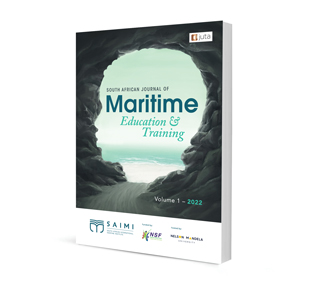
Human Sciences Research Council’s Labour Market Intelligence Partnership Study and Lessons for the Maritime Sector – A Labour Market Theoretical Perspective
Author Mokong S Mapadimeng
ISSN: 2790-783X
Affiliations: Extraordinary Associate Professor, Northwest University
Source: South African Journal of Maritime Education and Training, Volume 1 Issue 1, p. 9-20
https://doi.org/10.47348/SAJMET/2022/i1a2
Abstract
To best understand the changing nature of labour markets and how they function, it is necessary to base our analysis on both the empirical evidence and appropriate theoretical frameworks. This is particularly so as theory is about real-life situations and enhances our understanding of how the world around us works and changes. Theory also guides inquiry into social questions for a better understanding of how they can be resolved. With this in mind, this paper examines the findings of the Human Sciences Research Council’s (HSRC) Labour Market Intelligence Partnership (LMIP) studies, and specifically the 2016 report on Skills Supply and Demand in South Africa. This it does through the deployment of the contemporary labour market theories. In doing so, lessons for the maritime sector, which is presently seeking to implement its skills planning and employment creation plans, are discussed. The paper finds that while the LMIP lays foundation for future skills planning, its analysis is, however, not explicitly and adequately anchored into contemporary labour market theories. This is a major shortcoming as these theories alert us to issues that LMIP is not adequately giving attention to, i.e., the socially structured and segmented nature of the labour markets under the competitive pressures of globalisation and technological changes.